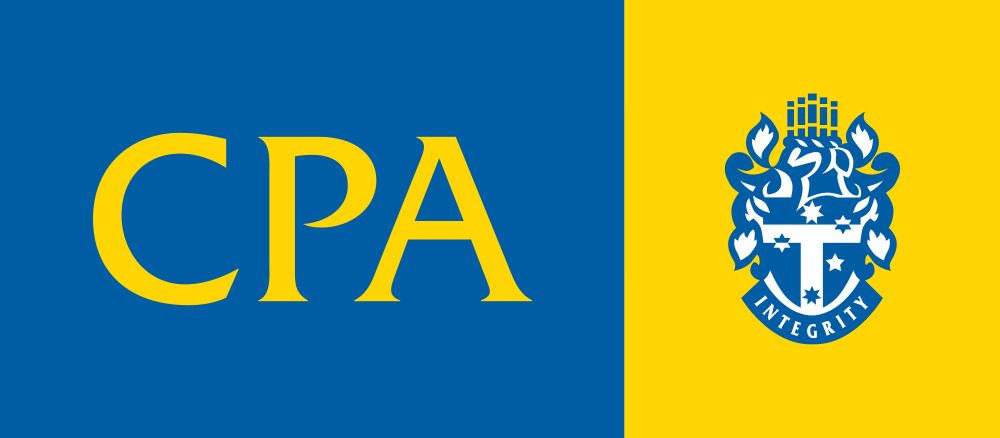A Practical Guide to Purchasing a Small Business
Buying a small business can offer a range of exciting opportunities for business owners. However, the acquisition process can be somewhat daunting for some buyers and sellers, involving meetings and discussions with terms, words, concepts and processes that may not be familiar. It can be high-pressure and time-critical and can often culminate in the buyer and seller becoming overwhelmed and frustrated. Under these circumstances, it is recommended that advisors (lawyer, accounting, business advisor) are engaged to ensure that information is understood and proper processes are followed. Advisors will, of course, add a cost to the process; however, they will ensure that the acquisition is approached thoughtfully with a clear strategy in place.
Outlined below are key considerations and practical steps to help potential business owners navigate the process of purchasing a small business successfully.
Clarify Your Goals
Before looking for a business to purchase, determine the key business criteria and establish business ownership goals. Perhaps consider the following:
- What rate of return is required?
- Should the business be under management or managed by a business owner?
- How many hours does the business owner want to work each week?
- Is there a preferred industry or an industry that should be avoided?
- Is stable cash flow preferred, or is growth potential preferred instead?
It will be essential to keep these criteria in mind and refer back to them each time acquisition opportunities arise. This will ensure that the business opportunities that are pursued tick the key boxes.
Review Key Financials
When a suitable business is found, the next step will be to review the financial information that is available from the business broker. This will provide an initial indication of whether the business is financially stable and whether the asking price is fair.
At least three years of profit and loss statements should be provided to check whether the business is consistently profitable, margins, types of expenses, and revenue generated yearly. If profits are up and down or following a declining trend, the acquisition might be risky. The drivers behind profit variation need to be understood.
The seller will often provide adjusted profit and loss statements to the buyer. These remove certain income and expenses to adjust for those specific to the seller, unusual or non-recurring. These adjustments should be understood, and any queries should be clarified.
It is also important to understand whether it is the shares in the business or just some of the business assets being acquired. Most small business acquisitions involve buying just some of the business assets, such as plant and equipment, goodwill, IP, client lists, etc. However, occasionally, the shares or the company itself are acquired. In this situation, the buyer will acquire all the company's assets and liabilities and take on all past, current, and future liabilities. If this is the case, the balance sheet should be requested and reviewed, and thorough due diligence should be performed before settlement.
Understand the Asking Price
It is important to understand whether the asking price for the business is reasonable. A common valuation method for small businesses involves using a multiple of the business’s earnings before interest, taxes, depreciation, and amortisation (EBITDA), which is essentially the adjusted profit. It is highly advisable to get an accountant or business advisor to assist you with this task.
Engage a Lawyer
Once the initial review of the asking price and financials has been performed, the next task is usually to sign an offer and acceptance contract. It is very important that a lawyer assists with this if the buyer is not confident in their ability to understand the terms and conditions of the contract. Some key conditions that are typically included in the contract by the buyer are to make the offer subject to securing finance and subject to due diligence. These terms are aimed at ensuring that if the buyer cannot secure finance or has concerns following due diligence, the contract ceases, and their deposit is recovered.
Securing Finance
Approaching a finance broker or bank with a sense of urgency (or getting pre-approval) is advisable, as securing finance can take some time. The bank will typically require cash flow forecasts for the business and a business plan from the buyer and these can take some time to prepare. An accountant or business advisor will usually assist with this process and can liaise with the bank if required.
Once finance is secured it is also important that the buyer understands the terms of the finance offered. This will likely be discussed with the accountant when cash flow forecasts are prepared, however, if not, the buyer needs to understand key terms such as interest rates, term of loan, the type of loan facility offered, repayments, and the risk involved in securing finance against personal assets.
Perform Due Diligence
Due diligence involves requesting and reviewing information about the business to ensure no hidden issues could become a problem for the buyer after settlement. For a very small business, this process can be less involved. Key areas that due diligence will cover include:
- Legal and compliance checks.
- Contract and lease reviews.
- Thorough financial review.
- Review of employee and management contracts and discussions with the seller around roles, responsibilities, key staff and their resistance to change.
- Inventory and equipment review, including review of equipment condition and whether the price in the contract represents market value.
Legal and Regulatory Considerations
Once finance has been secured and due diligence has been finalised, the next step will be completing the settlement. A lawyer or settlement agent will usually assist with this process. Prior to settlement, some key legal and regulatory considerations need to be addressed to ensure a smooth settlement and changeover of business ownership. These might include:
- Choosing a business structure.
- Applying for an ABN or ACN (if necessary).
- Organising the transfer of business name.
- Registering for GST and PAYG.
- Applying for a TFN (if necessary).
- Setting up a business bank account.
- Writing to customers to explain the change of ownership and new bank account details.
- Contacting suppliers to organise new accounts.
Purchasing a small business can be an exciting and rewarding experience. Still, it requires careful planning, thorough research, and an understanding of the business acquisition process, along with knowledge of the financial and operational aspects of the business. The information above is by no means exhaustive; however, it provides potential business owners with some key issues to consider. Ideally, advisors will be engaged throughout the business acquisition process by both the seller and buyer to ensure that each party is well-informed and that correct decisions are made. This approach also helps minimise risk, stress and delays, which are great outcomes for both parties.
If you need help navigating the business acquisition process, please contact Smith Thornton, and we will be happy to help.




